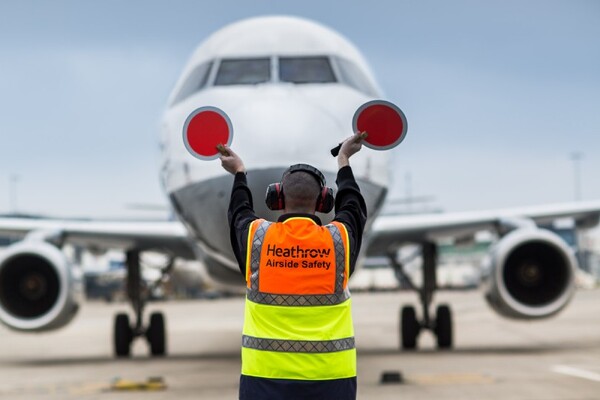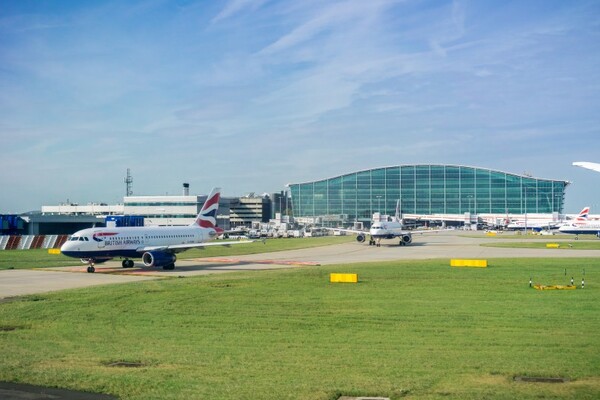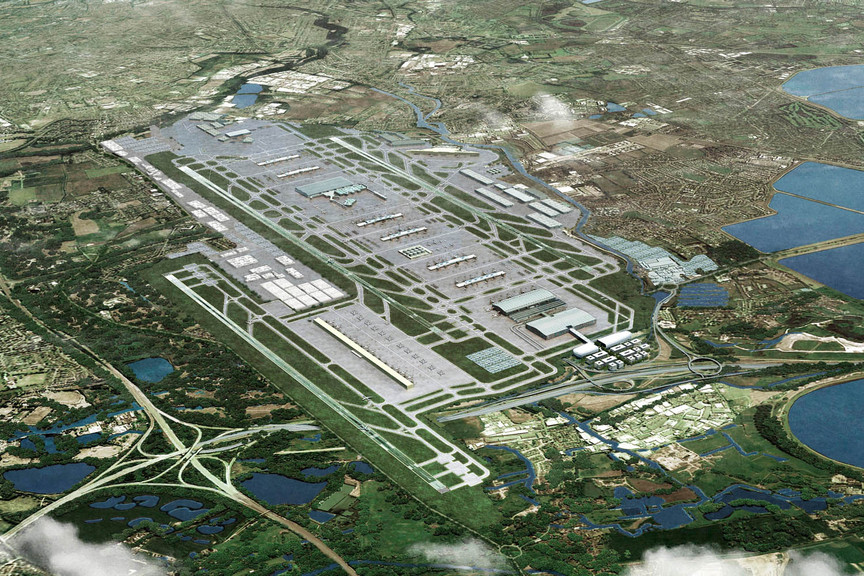Will the chancellor's Autumn Statement help the travel industry?
 Tom Parry
Tom ParryJust 55 days after the UK’s then-chancellor Kwasi Kwarteng stood at the despatch box announcing £30 billion worth of tax cuts, on Thursday (17 November) his successor Jeremy Hunt outlined tax rises and spending cuts to the tune of £55 billion in one of the starkest U-turns in British political history.
In the eight weeks since Kwarteng’s mini-budget sent his political career – and the country’s economy – into freefall, Hunt has looked to limit the fiscal damage by first ditching almost all of his predecessor’s policies and today outlining his own economic plan.
But now he has set out his “balanced path to stability”, what does Hunt’s Autumn Statement mean for travel sector staff and businesses, and how have industry experts reacted?
HOW WILL CONSUMERS’ DISPOSABLE INCOME BE IMPACTED?
No matter how you look at it, today’s news from a consumer confidence perspective appears bleak. Every TV news outlet seems to be carrying plunging graphs charting the country’s economic health, and the chancellor’s own acknowledgment that the UK was in recession will not help ease worries.
Inflation sits at a 41-year high and the UK faces its biggest drop in living standards on record as the cost of living crisis eats into people’s wages.
“We need to consider how the Autumn Statement affects our customers and their intention to travel in the next 12 months,” Alan Bowen, legal advisor to the Association of Atol Companies, told TTG. “The chancellor admitted that we are already in a recession and the inflation figures issued on Wednesday showing another rise to over 11% suggest that next month the Bank of England, with the chancellor’s support, will raise the rate again to try to stifle inflation.
“This is good news for those with savings, and pensioners can also look to a decent increase in their state pension next year, so those catering to our more mature customers should do well in 2023,” he says. However, Bowen cautions: “The rest of us will certainly feel poorer; the Office for Budget Responsibility (OBR) suggests next year we will all be back at the income level we were at 10 years ago in 2013.”
The worst impacted, Bowen predicts, “will be those who took out large mortgages when rates were low and did not heed the warnings that rates could rise. With everyone paying more tax, if they get a pay rise since tax thresholds are frozen, there will be some who will definitely think about reducing spending on holidays.”
“The chancellor has also allowed local councils to increase council tax by up to 5%, which will affect everyone, and I suspect every council is likely to do so. The reduction in the point at which income tax rises to 45%, £125,000, is unlikely to cause much pain so those selling in the luxury market may also escape unscathed,” added Bowen.
Advantage Travel Partnership chief Julia Lo Bue-Said branded the statement “underwhelming and disappointing” for smaller travel companies continuing to trade their way out of pandemic.
“Any measures, such as personal tax increases on working people, will have a detrimental impact on consumers’ disposable income, which in turn will have a further direct impact on the travel industry, especially at a time when the Covid hangover remains and businesses are struggling to recover,” she said.
She stressed that while the UK’s outbound travel sector “is one of the most competitive in the world”, with companies “striving to deliver the best value… to ensure consumers get to enjoy their much-treasured holidays” as the demand for travel remained high, “many families are already having to weigh up how to make ends meet”.
Aito’s executive director Martyn Sumners said the association believes Hunt’s plan will lead to “a reduction in the public’s propensity to spend their money on holidays”.
“Halving the capital gains tax allowance, and the increase in – and freezing of – many other tax allowance levels, some until after the next election, and up to even 2028, coupled with extreme inflation, will lead to a reduction in Middle England’s spending power,” he predicted.
“No doubt the small print will bring other surprises to light. Revenge travel post-pandemic may counter this to some extent [but] time will tell.”
HOW WILL BUSINESSES BE AFFECTED?
During his statement, Hunt promised the government would provide a package of almost of £14 billion worth in business rates support over the next five years, pledging £13.6 billion in tax cuts and confirming a revaluation of rateable values would ago ahead from April 2023.
He said bills paid by businesses “should accurately reflect their market value” and promised two-thirds “won’t pay a penny next year”, as well as ensuring a government-funded “transitional relief scheme” would be launched aiming to benefit around 700,000 businesses.
“We’re pleased the government has responded to our calls to extend the business rates support for retailers. This is something we have been consistently raising with government for months, and it is welcome that they have chosen to act on our recommendation,” said Abta chief Mark Tanzer following the announcement, adding the relief would provide “much-needed breathing space” for retail travel agents.
But Tanzer and others expressed worry over next year’s rates revaluation.
Lo Bue-Said said the business rates reform “lacks detail” and warned the increase in national living wage and energy costs will “all have a direct impact to business costs at such a challenging time”, while Bowen said: "Worryingly, the implication [around the rates revaluation] is that over the medium term, business rates will rise."
Assessing what today’s changes could mean for travel staff’s own pockets, Bowen said: “With that rise in the national living wage to £10.42 next April, two million people will see a rise in wages; hopefully there aren’t too many in the travel industry still at that level but I suspect some small businesses may be paying only slightly above the minimum rate now and may need to review their costs going forward.”
Aito’s Sumners said the statement was “a key watershed budget” for the industry and businesses across the UK.
“Our future as small- and medium-sized businesses – and as citizens of the UK in our personal lives too – depends on the government recognising it needs to restore confidence for both the public and businesses, and to decide to take brave and bold moves to put the economy in a much better place.”
Sumners backed the increase in the national living wage to support those on modest incomes, but cautioned the rise “will hit SMEs hard”, especially travel firms whose finances were already stretched after being unable to realistically use the furlough system during the pandemic.
Sign up for weekday travel news and analysis straight to your inbox

Tom Parry
Supplier Directory
Find contacts for 260+ travel suppliers. Type name, company or destination.














